
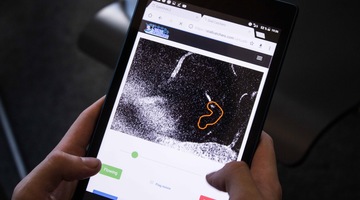
Games have long been used for developing both skills and knowledge in the education sector. As digital technologies continue to develop, the range of digital learning games also continues to ...
READ MORE
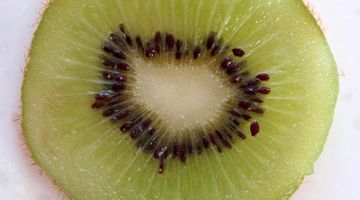
This online PD session recorded on 3 June 2015 introduces agriculture and horticulture teachers to resources on the Science Learning Hub that support three particular aspects – soils, plant ...
READ MORE
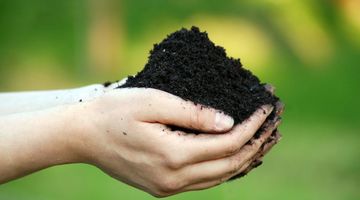
Soil – it’s much more than dirt. Soil keeps us alive. Without soil, we would be hungry, thirsty, naked, homeless and breathless. Soils differ from location to location and are a range of colours ...
READ MORE

Farming is an economic venture – farmers work the land to gain an income. Many New Zealand farmers have an interest in preserving and enhancing the land for future generations. In order to ...
READ MORE
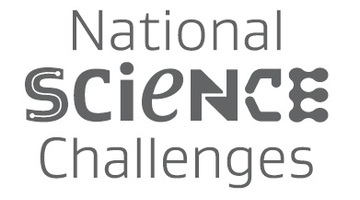
As New Zealanders looking to the future, we are faced with many opportunities – and challenges. These include improving the health of all our people, advancing our economic growth, protecting our ...
READ MORE

New Zealand has been inhabited by humans only relatively recently but, in the last 800 years, we have made a big impact on our environment, and have altered it biologically, chemically and ...
READ MORE
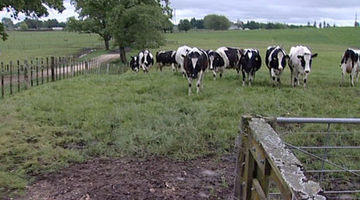
In this activity, students explore ethical issues related to farming and environmental pollution. They learn about the science involved and the range of perspectives among stakeholders. By the ...
READ MORE
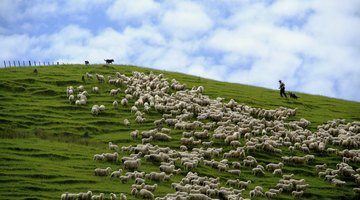
In this activity, students measure the pH of soil collected from a paddock. This will be used to estimate the amount of agricultural lime needed to promote good grass growth. By the end of this ...
READ MORE

Students use a three-level reading guide strategy to locate, interpret and apply the information to consider the role of research in finding easy care sheep traits. Purpose Students engage with ...
READ MORE
Dr Ross Monaghan from AgResearch at Invermay in Otago talks about various practices that can be employed to manage nutrient losses from becoming a problem on farmland.
READ MORE
Professor Simon Kingham, from the University of Canterbury, discusses how air pollution can be made up of many components. The size and amount of particulates in the air can give a measure of the ...
READ MORE
ESR scientist Dr Wendy Williamson is developing a method for detecting viruses in the water. She is also monitoring waterways so that a standard for safe drinking water can be developed. The ...
READ MORE

An interactive showing the main components of the terrestrial nitrogen cycle. Select one of the buttons to find out more. Go here to view the full transcript and copyright information.
READ MORE
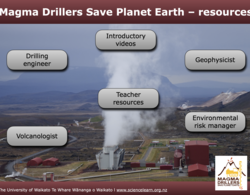
This interactive introduces and houses resources developed by Magma Drillers Save Planet Earth – a University of Canterbury project funded by Curious Minds. Select here to view the full ...
READ MORE

This interactive features a simplified nitrogen cycle – with components that focus on nitrogen interactions related to dairy farming. Click on the labels for more information. Select here to view ...
READ MORE